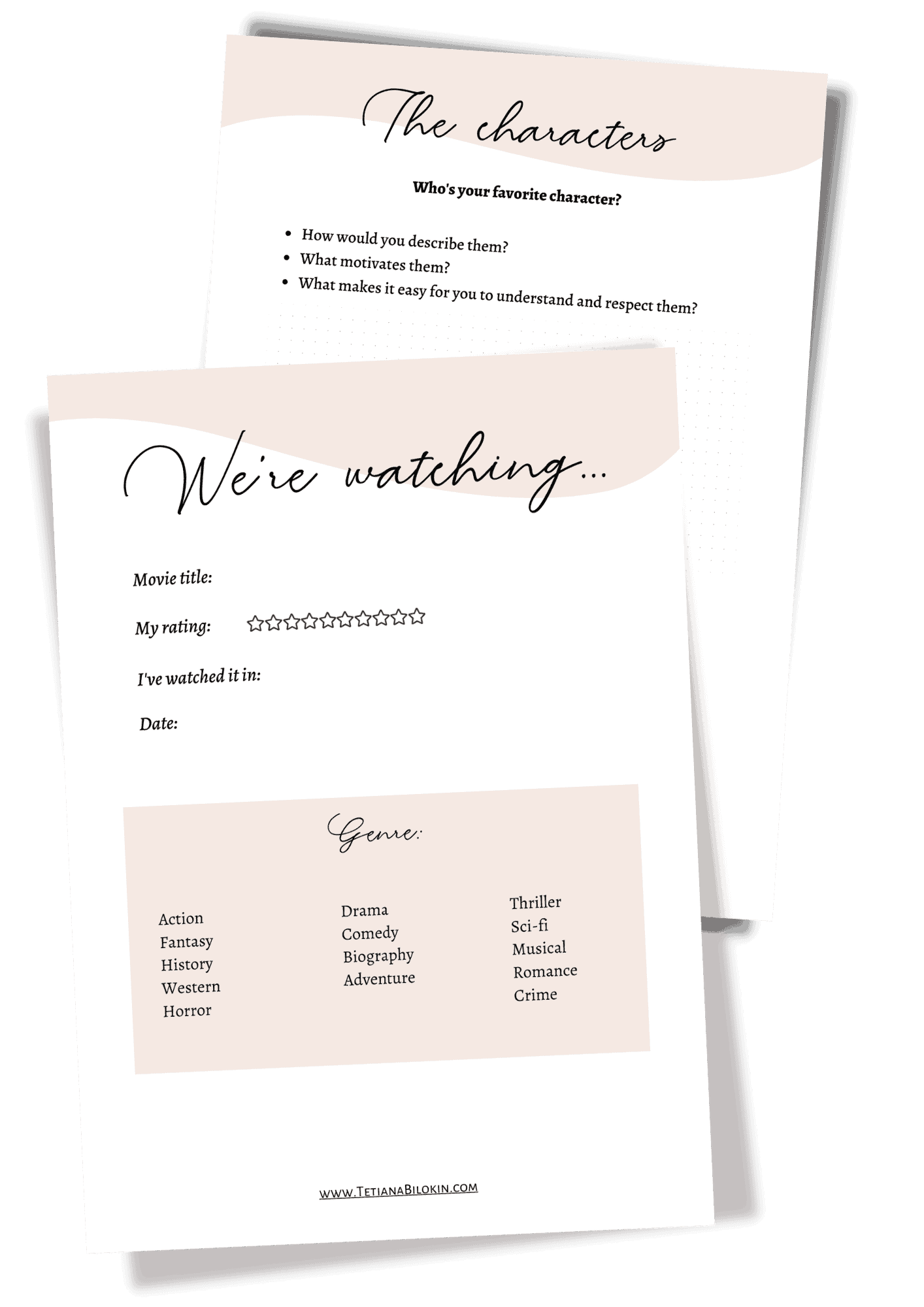Many English learners in their home countries who don’t use English at work often worry about speaking practice. They believe that not having anyone to communicate with regularly is the reason why their English skills are not improving as they would like.
While speaking practice is undoubtedly valuable, it’s essential to recognize that other factors influence language improvement. For instance, there are immigrants who have lived in English-speaking countries like the United States or Canada for many years, surrounded by native speakers and English-language media. However, their language level remains at the Pre-Intermediate stage despite extensive exposure.
In this post, I will dispel misconceptions about English speaking practice and share recommendations for effective language learning.
You’ll find out:
Speaking practice alone is not a solution for all language learning challenges.
The 2 conditions for effective speaking practice
Merely engaging in speaking practice without a plan won’t guarantee significant progress. To make the most of speaking clubs, make sure you meet the following conditions:
1. Genuine interest in the topic
For meaningful language practice, you should have a genuine interest in the discussion topic, regardless of whether it’s in your native language or English. Enjoying the interaction with others enhances the experience.
2. Consistent progress
Each session should contribute to your progress in some way, such as better comprehension of different accents, increased confidence in expressing thoughts, or improved grammar skills.
If these conditions are met, you can have an enjoyable and beneficial experience at a conversation club meeting.

What speaking practice is NOT for
Remember, speaking clubs are meant to socialize and exchange ideas, not practice your language skills and get language feedback. To confidently use new language skills during discussions, preparation is key.
Communication is different from practicing language skills.
How do we acquire skills?
(i.e., we bring it to automaticity, not just receive information):
To acquire skills, we go through these stages:
- Learn something new by hearing or seeing it (a few minutes).
- Understand and analyze the new information, memorizing words or constructions based on context (seconds to an hour).
- Develop skills through practice and repetition (tens or hundreds of hours over time).
- Use the skills spontaneously during conversations when exchanging ideas.
If you try to use new words or phrases at a conversation club without going through these stages, you may feel uncomfortable and inadequate.
To confidently use new language skills at a conversation club, it’s best to prepare in advance by completing specific tasks on your own. This way, you can comfortably incorporate your preparation into the conversation.

Here’s how you can prepare for confident speaking practice online:
Preparing in advance will enable you to comfortably incorporate new language skills into your conversations. Almost all the speaking clubs I know provide questions for the upcoming discussion ahead of time.
Here’s what you can do to prepare for a conversation club or language exchange:
- Determine what you wish to achieve from the speaking club or language exchange. It could involve improving your speaking skills, gaining cultural insights, making new friends, or a combination of these objectives. Having clear goals will assist you in focusing during the session and guiding your interactions.
- Consider interesting topics or questions you would like to discuss during the conversation. This will prevent uncomfortable silences and keep the conversation flowing. You can select subjects related to hobbies, travel, current events, or anything that piques your curiosity. If you are learning the language, you could also prepare questions about language usage or ask for help with specific phrases or grammar points.
- To make the most of the language exchange, practice active listening. Pay close attention to what your conversation partner is saying and try to understand their viewpoint. Ask follow-up questions and genuinely engage in the discussion. Active listening not only helps you improve your language skills but also demonstrates respect and interest in your conversation partner’s thoughts and opinions.
Remember, the key to a successful conversation club or language exchange is to be open-minded, patient, and willing to learn from others.
If you decide to join our movie club, here’s what you can do to prepare for the meeting:
- Respond to questions about a film. Answering movie-related questions not only helps organize your thoughts but also enhances your ability to articulate ideas effectively in English, considering word choice, tenses, and linguistic nuances.
- Use a Movie Journal Template. To aid discussions within our film club, I’ve designed a Movie Journal Template, ideal for discussing any movie. This template facilitates comprehensive and accurate expression of thoughts.
Why you should respond to questions about a film:
- Answering movie questions helps organize your thoughts and requires contemplation, even in your native language.
- It also helps you focus on subtle aspects of the film, such as clever wordplay or irony.
- Doing this also allows you to determine what to express and how to articulate it effectively in English, considering word choice, tenses, and other linguistic nuances.
I suggest that the members of my film club jot down their answers to the questions. This is not just for the purpose of reading them later, but to help them maintain the correct word order and recognize unfamiliar words (and translate if needed) while writing their responses.
By doing this, everyone in our film club can express their thoughts more comprehensively and accurately afterward.
To achieve this goal, I have designed a Movie Journal Template that is ideal for discussing any movie within our film club. If you have a passion for movie discussions, feel free to download the template provided here.

If you like discussing movies instead of just jotting down notes in a movie journal, you’ll love our movie club for learners of English. Learn about our English movie club and join to participate in monthly movie discussions about the movies you’ve watched. It’s pleasure from movies and benefit for your English – 2 in 1.
Previous interactions with content can psychologically help you engage in discussions and improve your ability to recall interesting phrases and express ideas, thanks to the “layering” of contexts. That’s why I strongly suggest taking advantage of the movie questions before we meet.
Making the best impression at the movie club
To make the most of your speaking practice at the movie club, consider the following tips:
- If watching the entire movie in English is challenging, start with a small portion like a trailer or a scene to analyze the characters’ voices, pace, and intonation.
- Create your own questions about the movie to refresh grammar and reinforce vocabulary, adding unpredictability and liveliness to the discussion.
- Politely express your disagreement with established opinions, fostering respectful debates and constructive criticism.
- Enhance your neural connections by creating character maps, timelines, or printouts with captivating quotes or dialogue fragments from the movie.
- Analyze recordings of previous movie club sessions to identify and correct mistakes.
Conclusion
By following these steps, you can significantly enhance the benefits derived from participating in speaking clubs. Consistently practicing these techniques will lead to notable advancements in both your written and spoken English within six months.
For additional strategies on how to effectively use movies to improve your English, please check out the tips and resources here.
So, do you want to improve your English listening, reading, writing, and speaking skills? Join our English conversation club.
Find out how to improve your speaking skills in 3 steps

